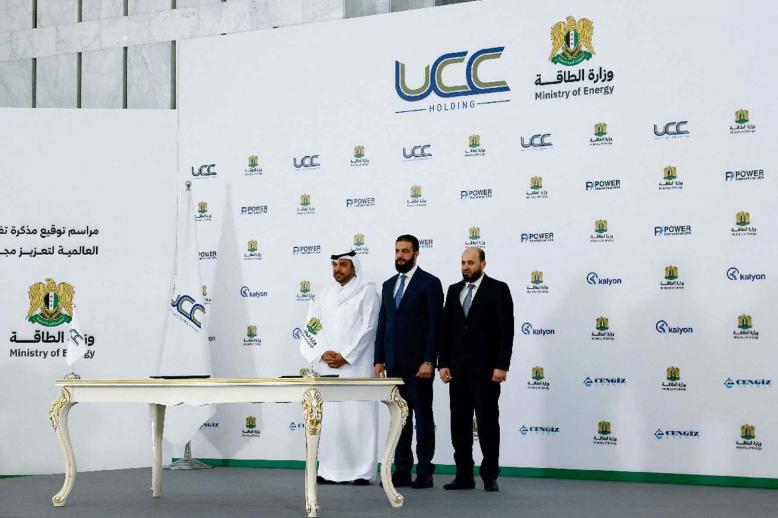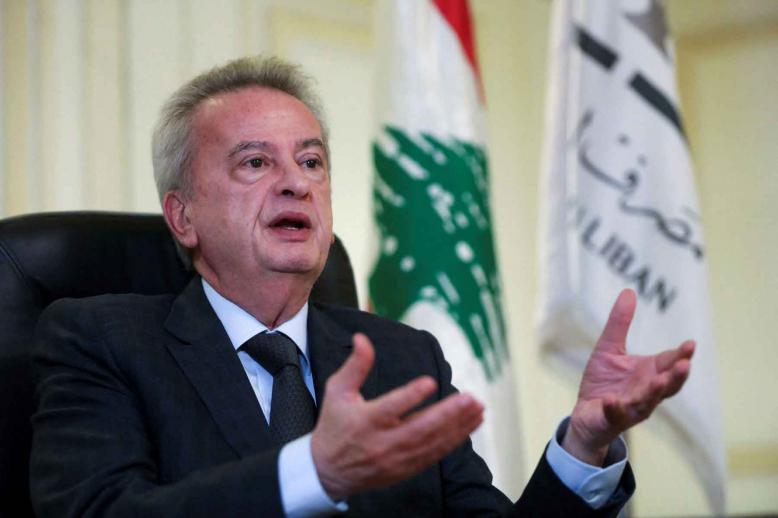Oil reverses gains after Saudi move to boost output
SINGAPORE - Oil prices fell heavily Wednesday, reversing gains made earlier in the day, as Saudi Arabia moved to boost output capacity in an escalation of a price war with Russia.
West Texas Intermediate fell 1.7 percent to about $33 a barrel while Brent crude was off 1.7 percent at $36 a barrel. Both contracts had been up as much as four percent earlier in the day.
Crude markets have been in turmoil since the start of the week after Riyadh slashed prices following a bust-up with Moscow over output cuts, leading to the biggest one-day drop for almost 30 years.
Prices had risen strongly on Tuesday and early Wednesday, however, as investors focused on promises by US President Donald Trump to launch stimulus measures to combat the economic impact of the coronavirus outbreak.
But energy titan Saudi Aramco's announcement that it would raise production capacity by one million barrels per day to 13 million bpd halted the rally in its tracks - and prices quickly fell back into the red.
The company said it had received instructions from the energy ministry to raise capacity.
Trump had promised to introduce measures to combat the virus epidemic such as assistance to airlines and cruise companies, two especially hard-hit industries - but investors are growing worried about the lack of concrete action.
"The market rally based on Trump's economic stimulus alone is unlikely to be sustainable" given the amount of oil that will soon be hitting the market, Howie Lee, an economist at Oversea-Chinese Banking Corp, told Bloomberg News.
This week's oil rout was triggered by Riyadh driving through the biggest price cuts in two decades at the weekend, following Moscow's refusal to agree to reduce production.
Saudi Arabia and others from oil-exporting cartel OPEC led a push last week to reduce output further to shore up prices amid slumping demand due to the new coronavirus.
But Moscow, the world's second-biggest oil producer, blocked the move - signalling an alliance with OPEC that was aimed at supporting the market was unravelling.






